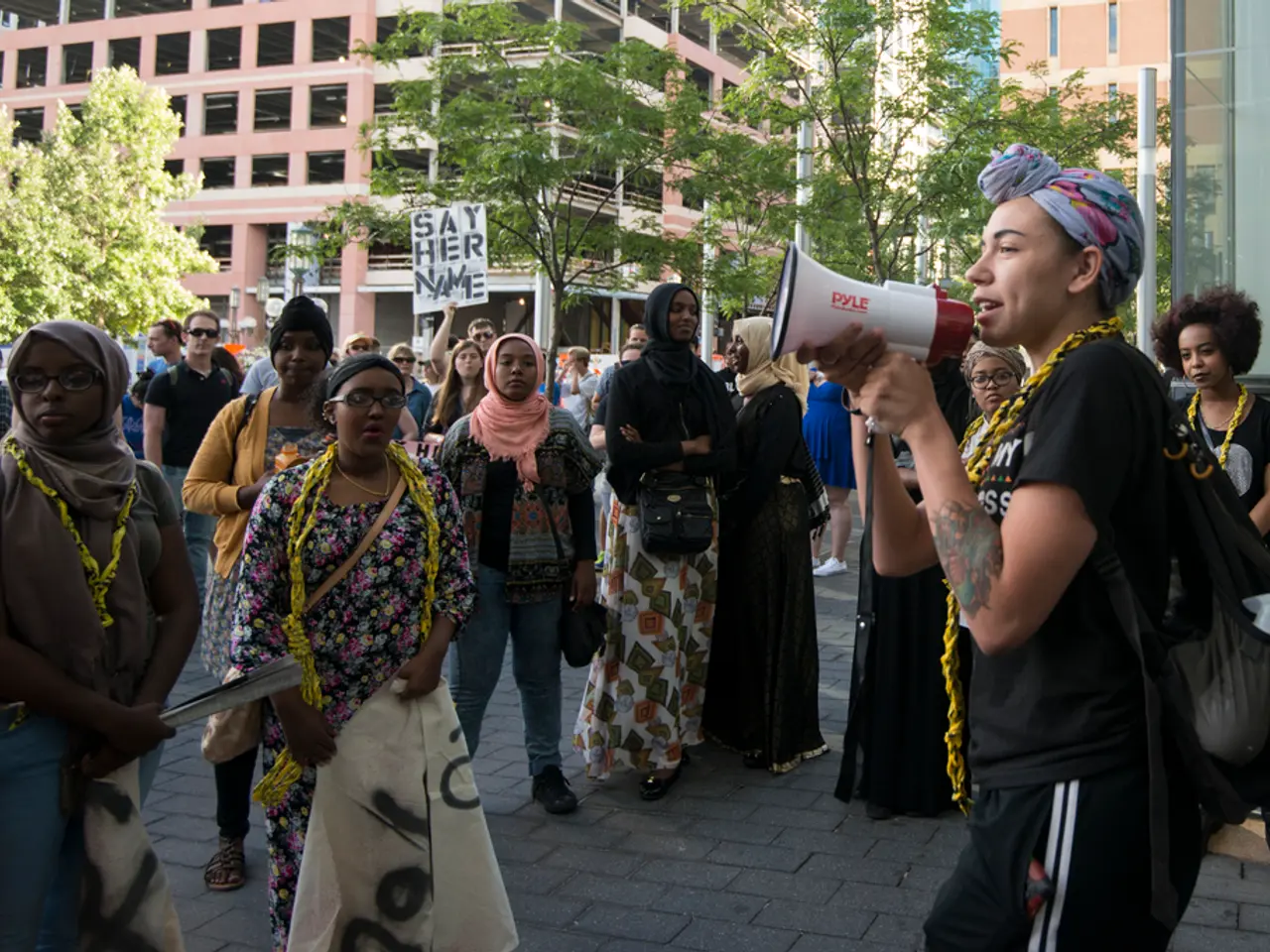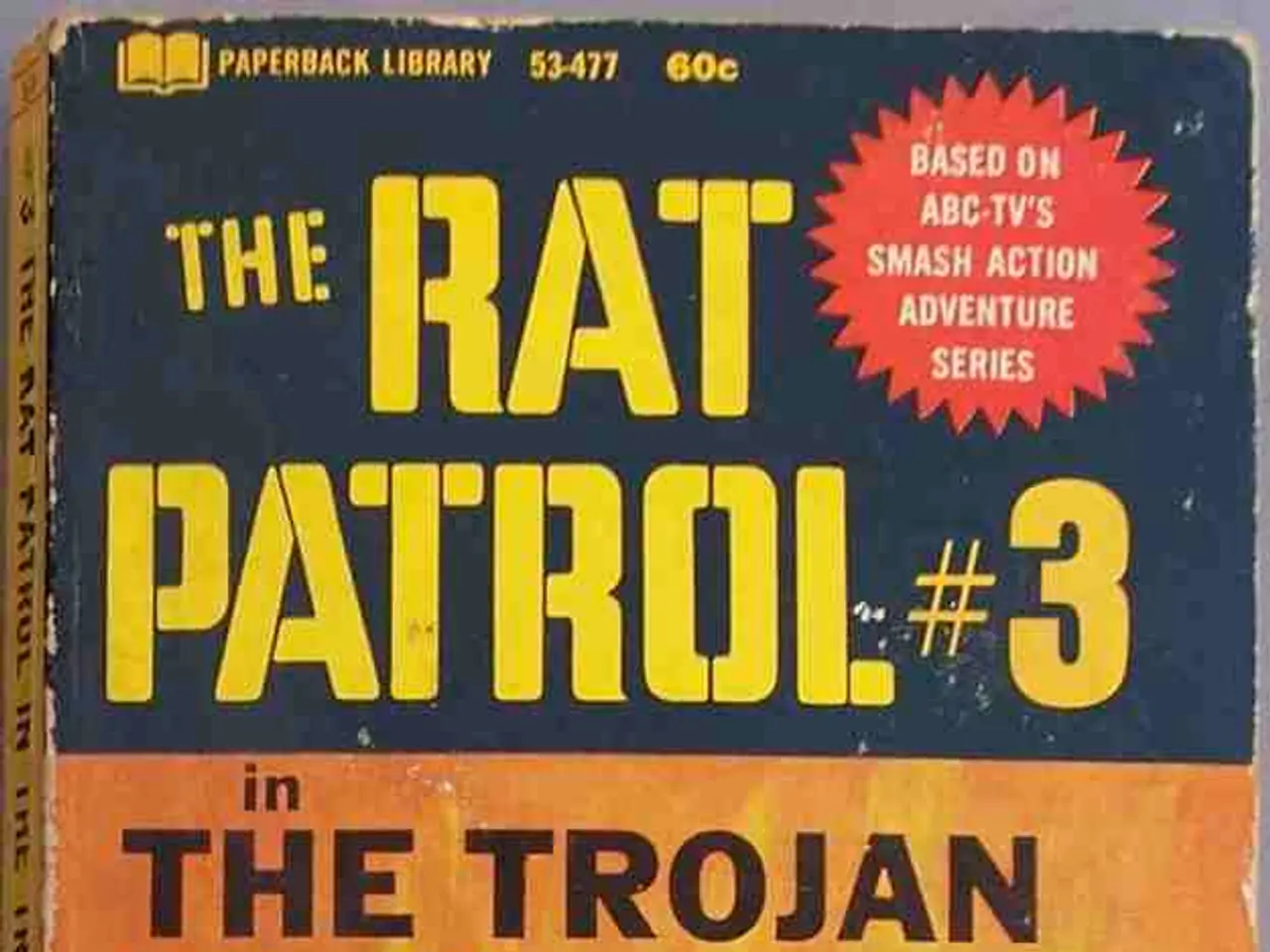Federal government withdraws multi-billion dollar investment for high-speed rail initiative; state officials label move as 'unlawful'
The California High-Speed Rail project, a long-anticipated endeavour aimed at connecting Los Angeles and San Francisco with a high-speed rail network, has found itself in the midst of a legal battle following the Trump administration's decision to revoke $4 billion in federal funding.
The decision, labelled by the administration as a "train to nowhere" and a "boondoggle," has been met with strong opposition from California's Governor Gavin Newsom and the project's chief executive, Ian Choudri, who have questioned the legality of the move.
The funding revocation is expected to trigger a court fight, with California prepared to defend its position legally. The California High-Speed Rail Authority claims that the funding commitments were legally binding agreements and that it has met its obligations.
The Trump administration's decision comes amidst concerns over the project's viability, citing issues such as missed deadlines, budget shortfalls, and overestimated ridership. The Federal Railroad Administration's 310-page compliance review, released in June, found "no viable path forward" for the train.
Despite the loss of federal funding, California continues to explore other financial avenues, including private investment, to continue the project. The estimated cost of the project has now soared to over $100 billion, significantly higher than its original $33 billion price tag.
The disagreement is part of a broader feud between the Trump administration and California, which has seen several other policy conflicts, including environmental regulations and education policies.
The cancellation of funding occurred after a compliance review found issues with the project. The Department of Transportation Secretary, Elaine Chao, blamed state leaders for the "mismanagement" of the project, a claim that has been contested by the project's chief executive, Choudri, who called the assessment inaccurate and said the administration relied on old information to come to its conclusions.
Construction has so far been confined to the Central Valley, with the funding intended for construction in this region. The project has created thousands of jobs in the Central Valley and has become central to several communities' business-revitalization plans.
The Trump administration initiated a review of the project in February after Republican lawmakers called for an investigation. The agency may consult with the Department of Justice on potentially clawing back other funds.
As both sides prepare for potential legal action, the future of the California High-Speed Rail project remains uncertain. However, state lawmakers and the high-speed rail authority are pushing for private-public partnerships to fund the project outside of government support.
- California's Governor Gavin Newsom and the project's chief executive, Ian Choudri, dispute the legality of the Trump administration's decision to revoke $4 billion in federal funding for the California High-Speed Rail project.
- The California High-Speed Rail Authority claims that the funding commitments were legally binding agreements and that it has met its obligations, challenging the Trump administration's decision.
- The Federal Railroad Administration's 310-page compliance review found "no viable path forward" for the project, citing missed deadlines, budget shortfalls, and overestimated ridership as issues.
- Despite the loss of federal funding, California continues to explore other financial avenues, including private investment, to continue the project, with the estimated cost now over $100 billion.
- The disagreement over the California High-Speed Rail project is part of a broader feud between the Trump administration and California, with several other policy conflicts such as environmental regulations and education policies.
- The future of the California High-Speed Rail project remains uncertain as both sides prepare for potential legal action, with state lawmakers and the high-speed rail authority pushing for private-public partnerships to fund the project outside of government support.






